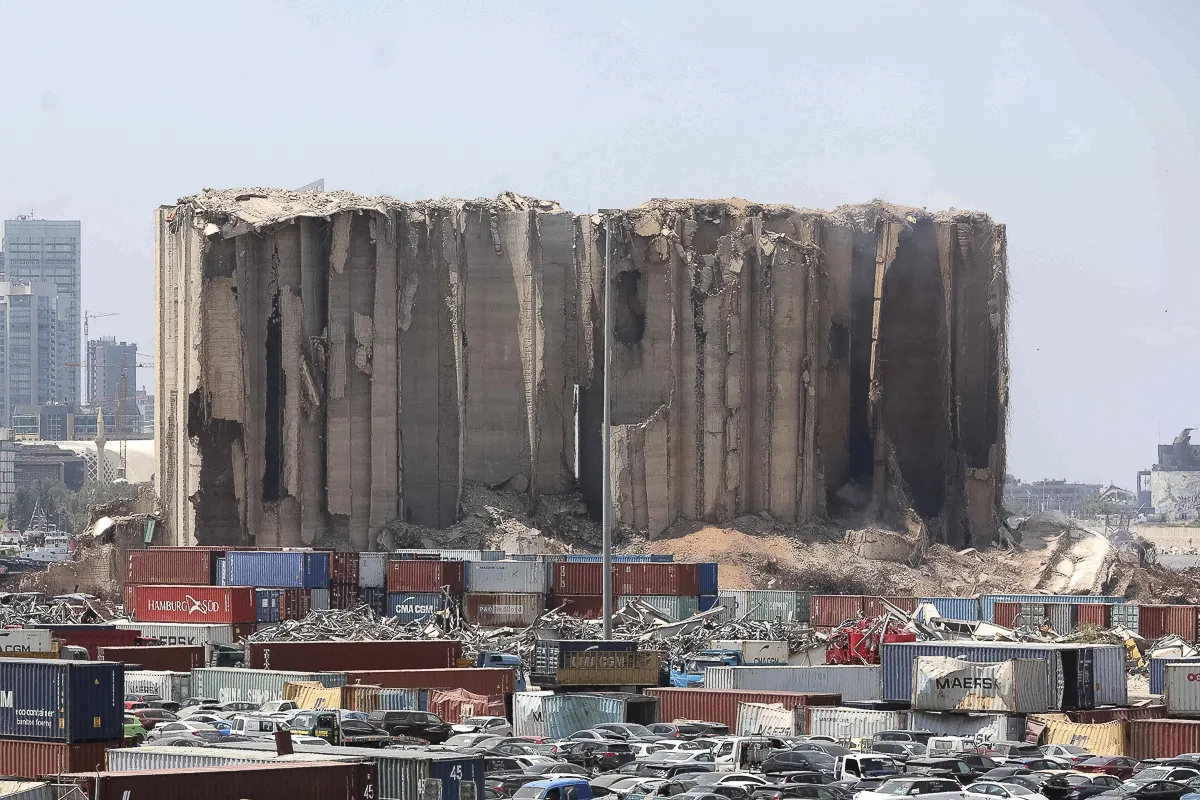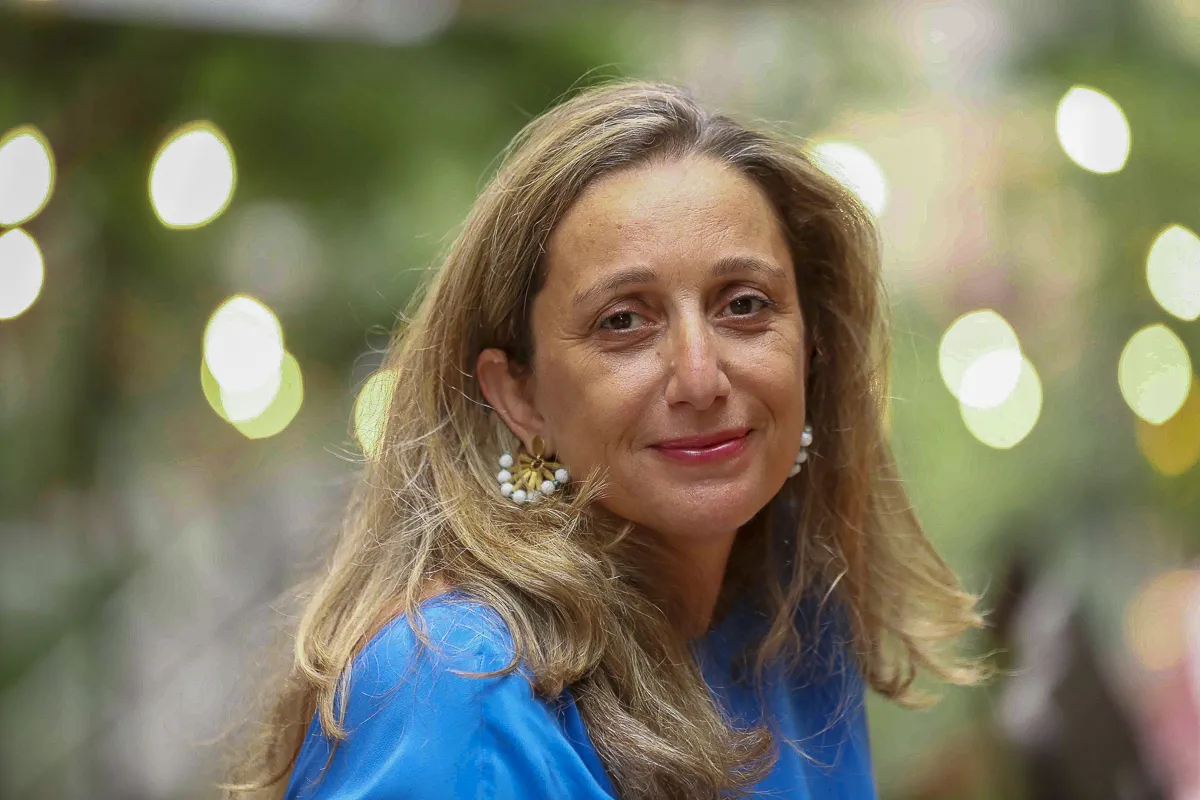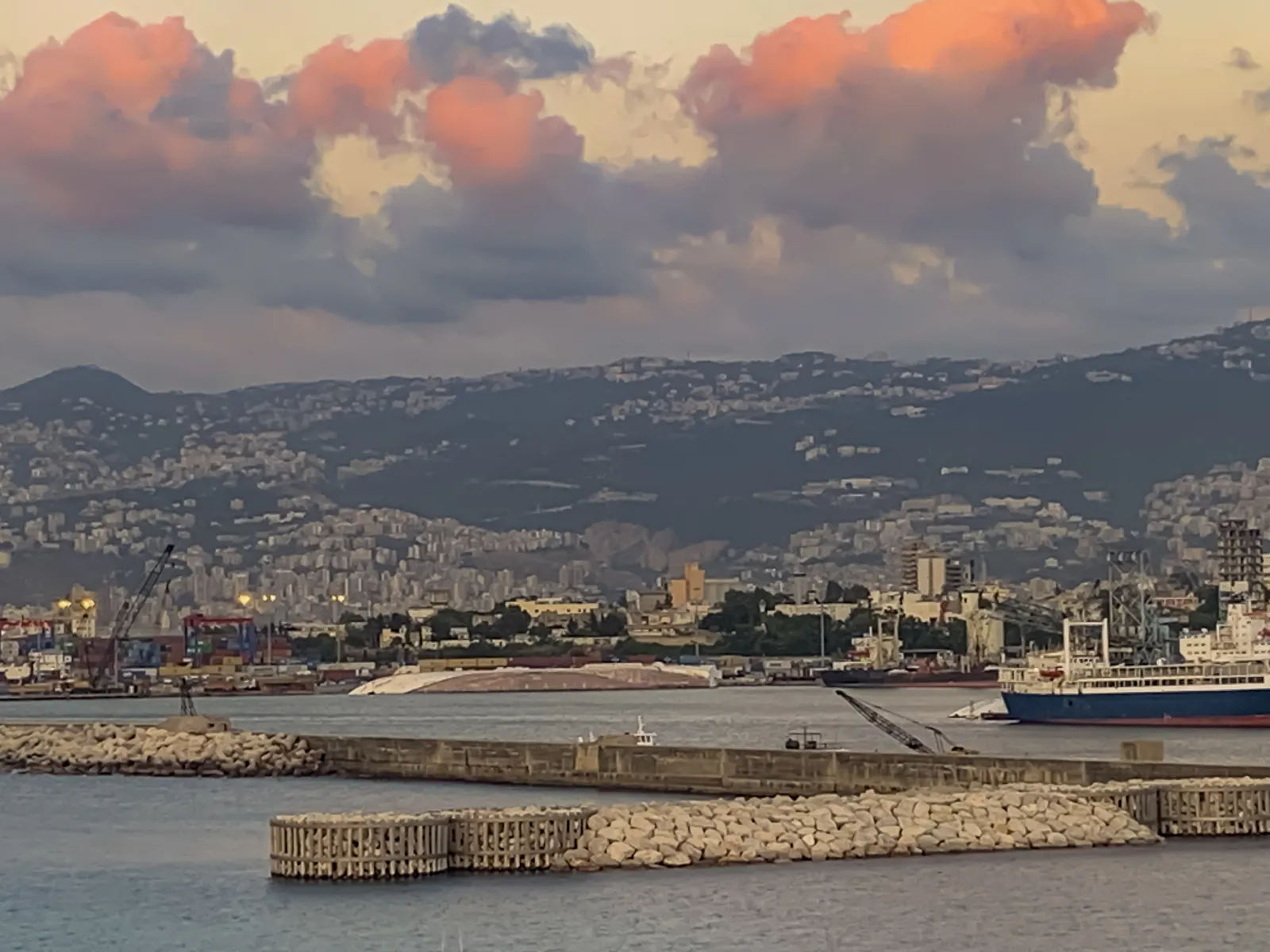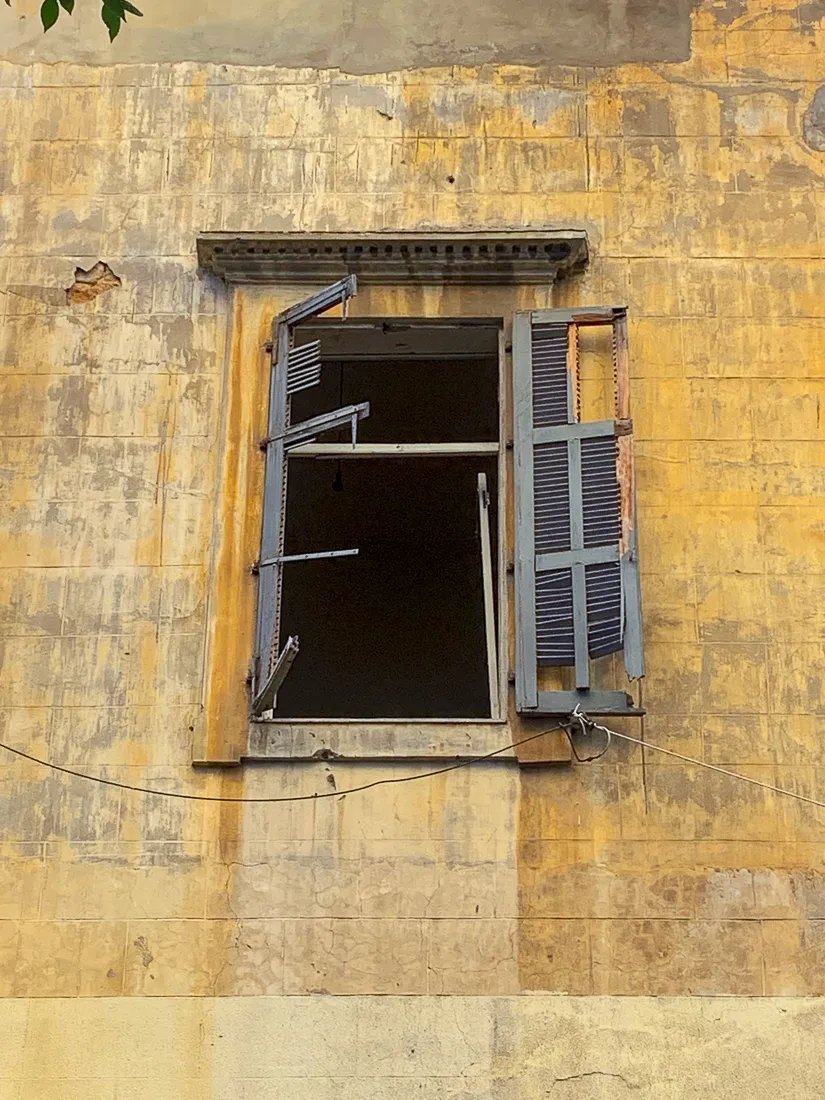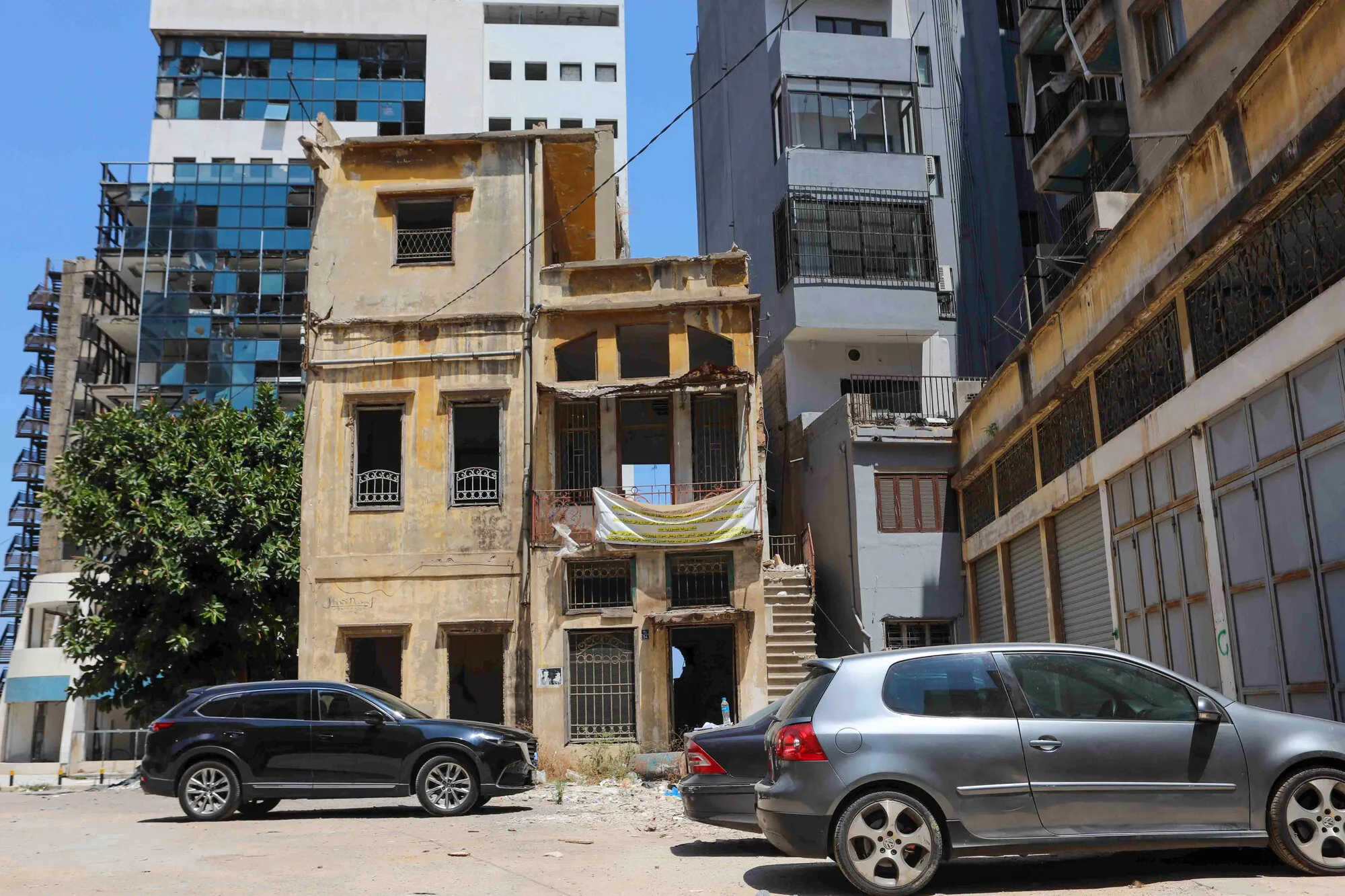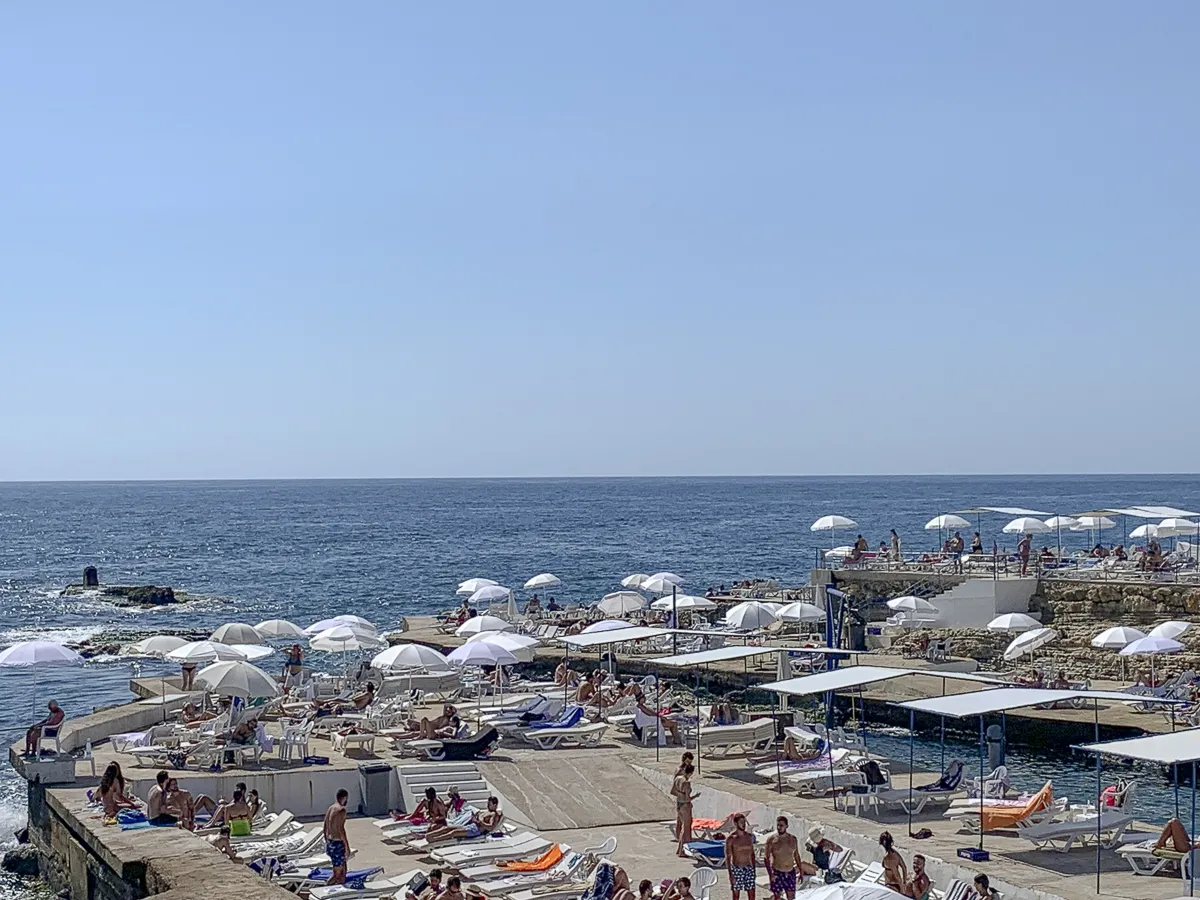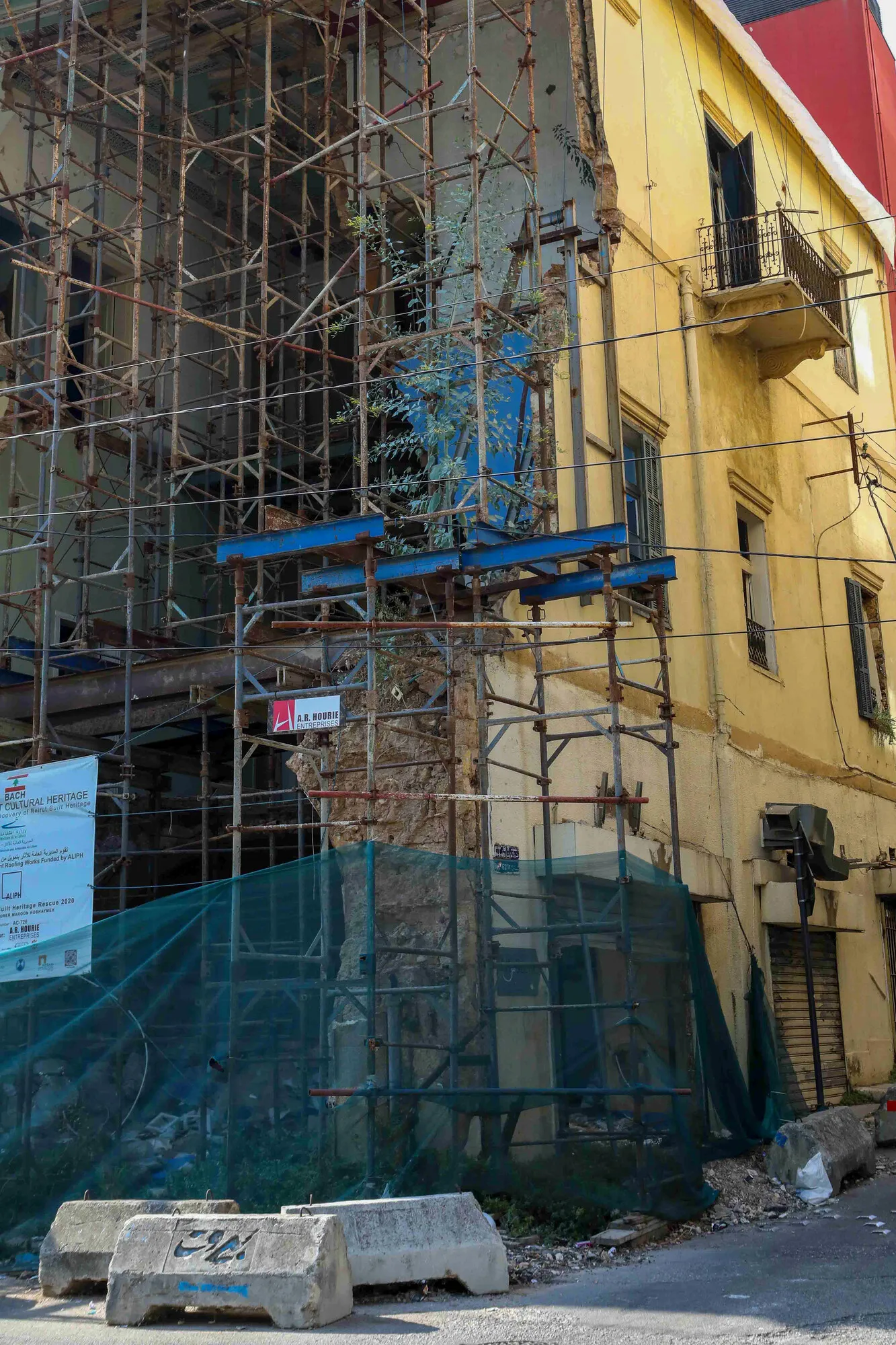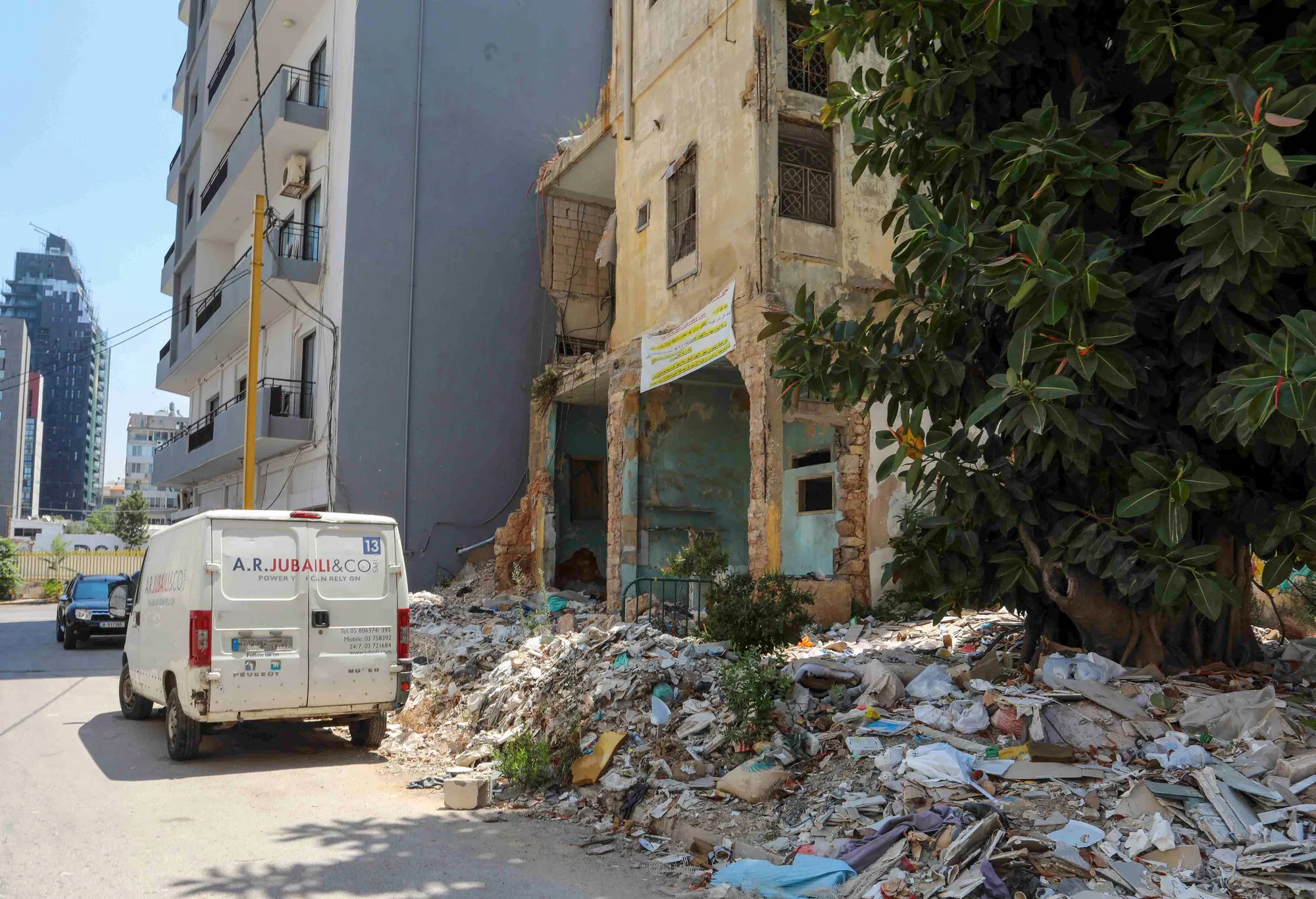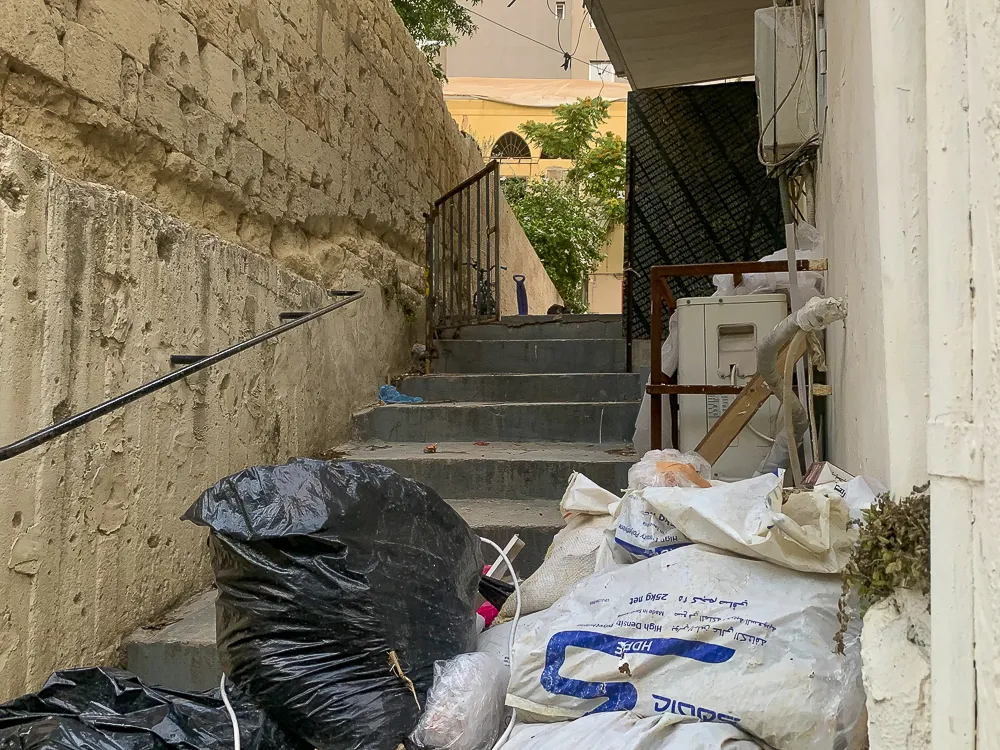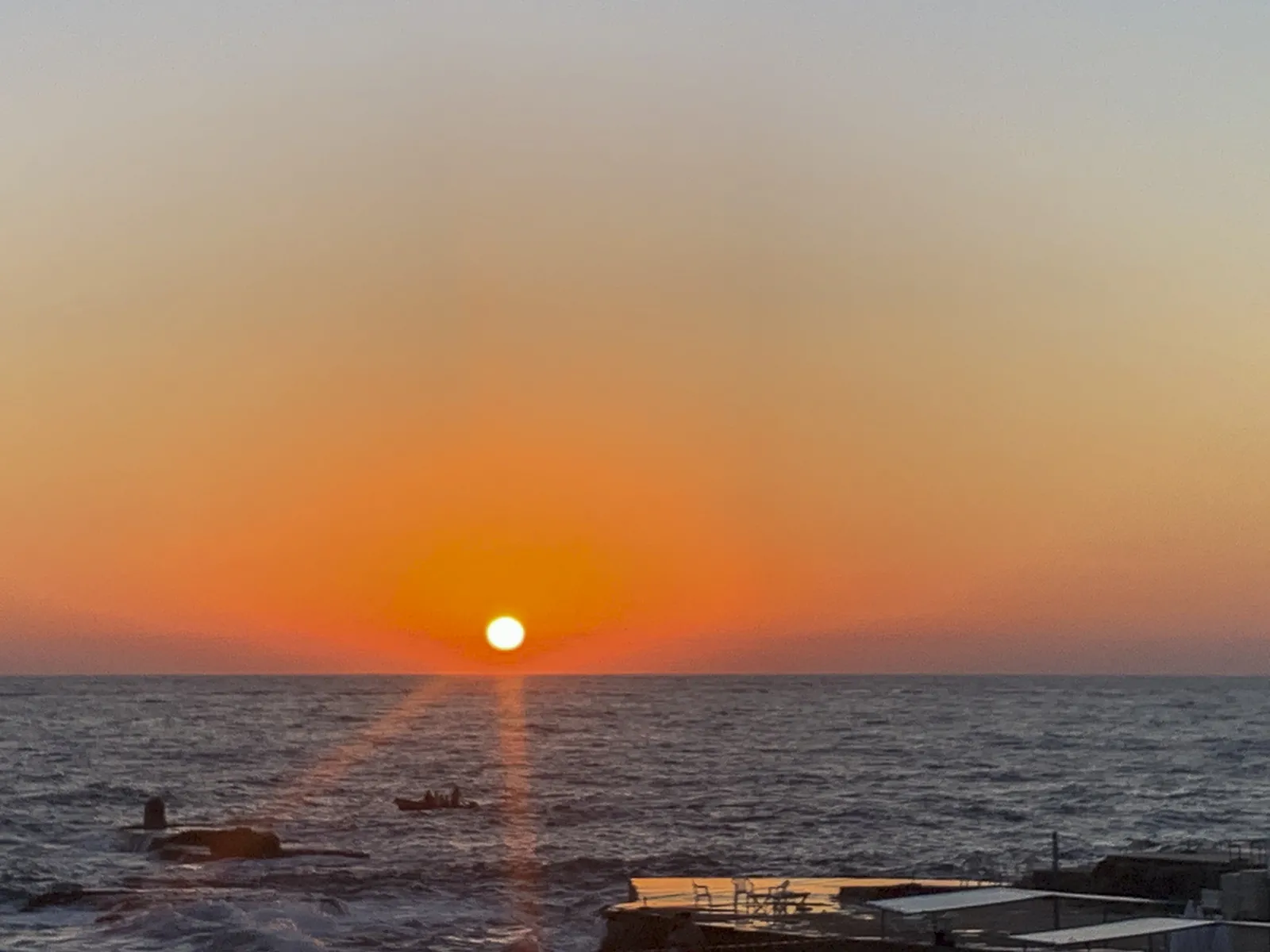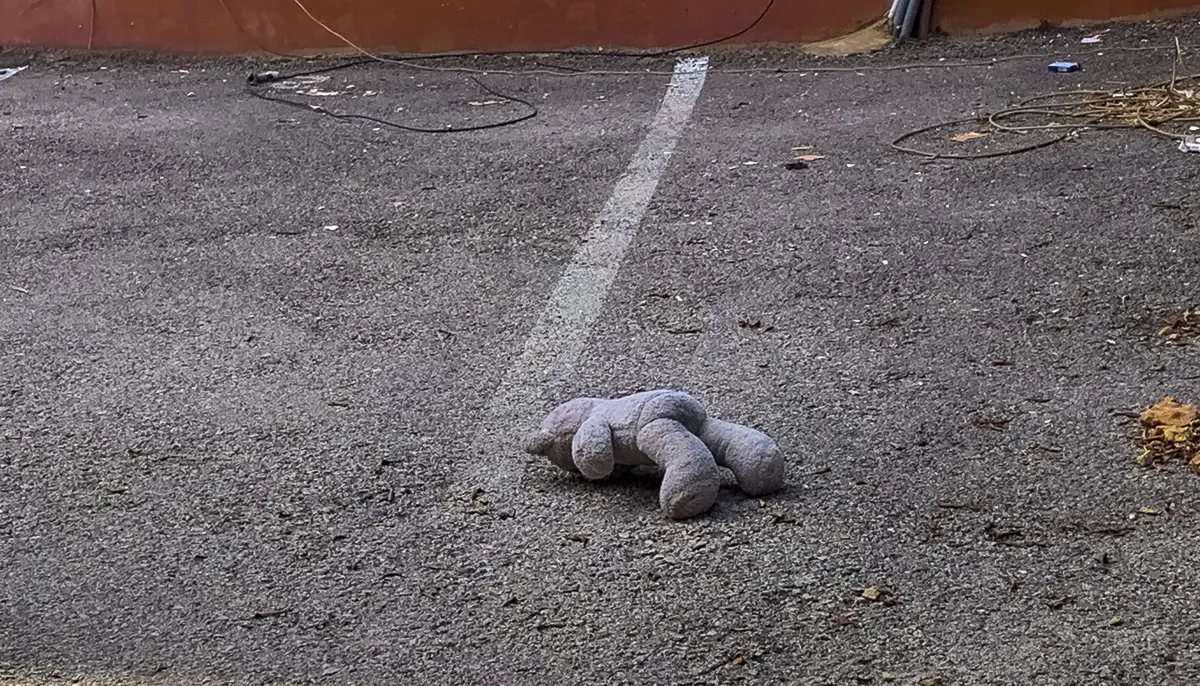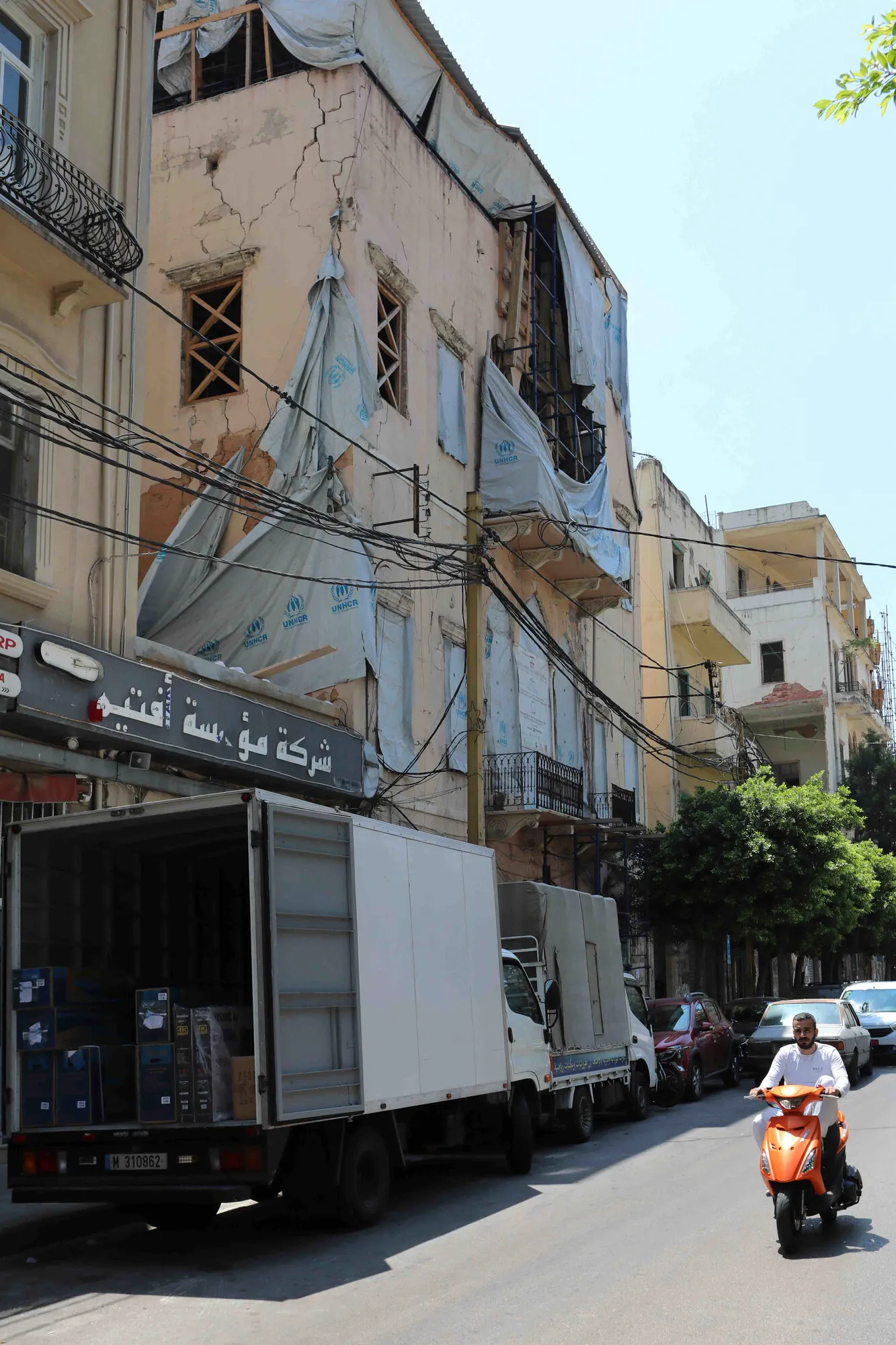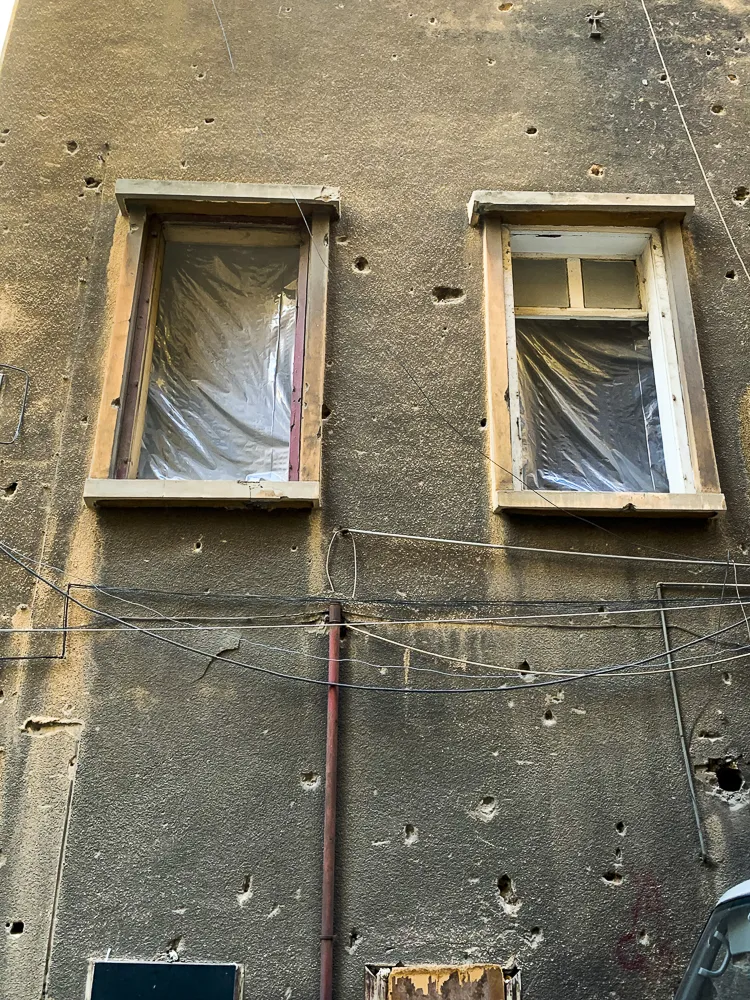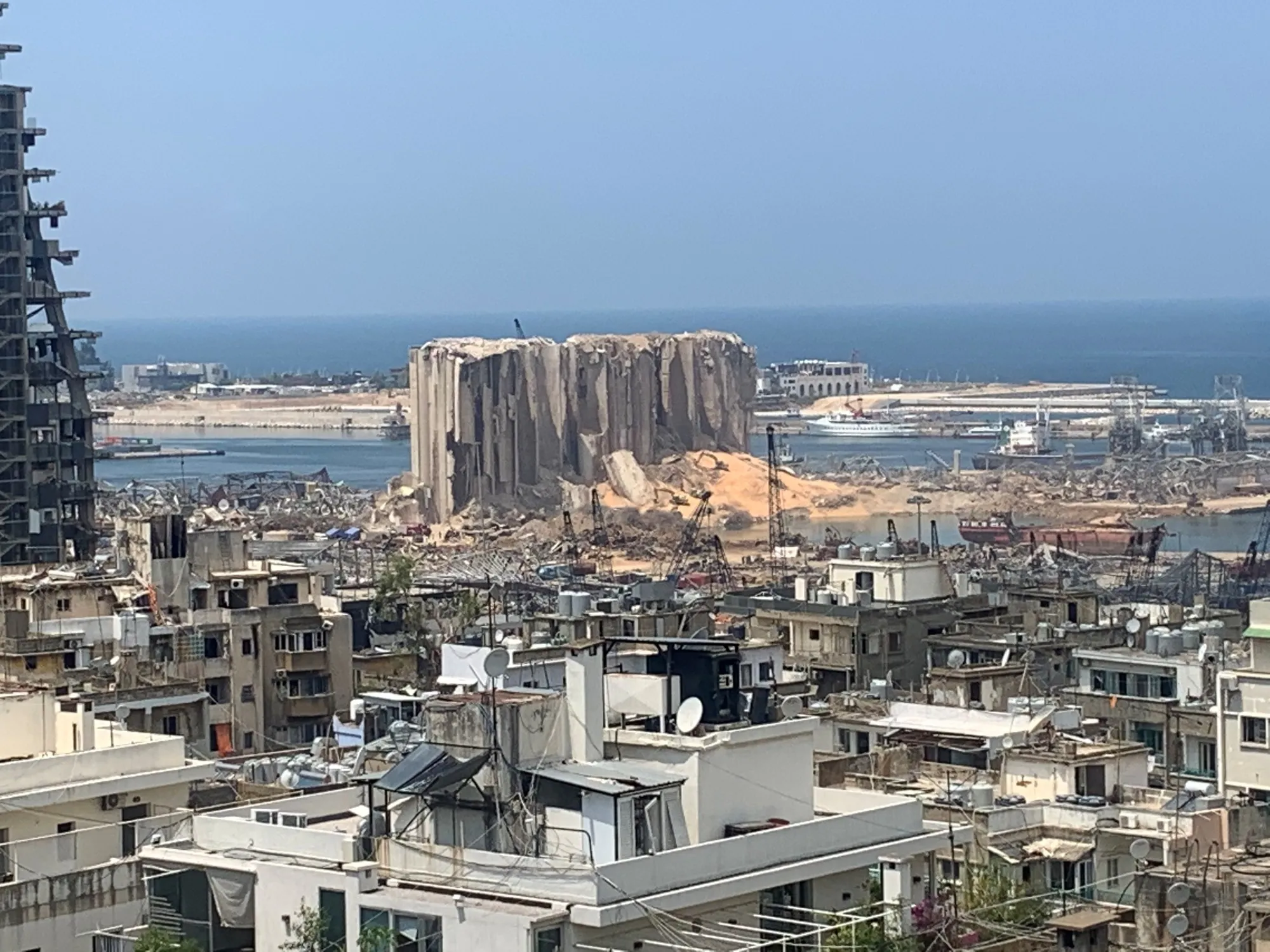Friday, July 15, 2022
Since the end of the successive COVID-19 confinements and since the world has come back to life, I have compared the situation in Lebanon to that of other countries. In fact, COVID in Lebanon is a lesser evil compared to what we have been going through for almost three years.
Now, more than one in two Lebanese lives below the poverty line.
Today, almost three years after the onset of the economic crisis in Lebanon, we live with one hour of electricity a day, we lack medicine, we have spent months queuing in front of gas stations. Finding an Internet card can sometimes take 10 days. Every day, I waste time sorting out problems which should not arise in a normal country, and which relate to water, electricity, medicines, finding spare car parts.
Before the explosion, a lot of things bothered me, especially the fact of wasting time; today, I feel that nothing can affect me anymore or that nothing is worth worrying about, because without expecting it, in a split of a second, everything can collapse.
This is what happened in Beirut. The city exploded while we were in it, living our lives, yet struggling with the economic crisis, the worst since the 19th century according to the World Bank.
Sometimes I want to scream or cry, but I calm down and tell myself that I am very lucky. At least I have the means to eat, take care of my family, buy medicine… and, above all, I have survived the blast.
Every day, I see poverty, striking poverty! I am thinking of our program participants, of all the people who have fallen into poverty.
There are those who can no longer afford gas for cooking, who can no longer subscribe to the neighborhood generator and so are living with almost no electricity. There are children who eat twice a day, nothing but sandwiches sprinkled with thyme. There are desperate parents who cannot make ends meet.
With the crisis, the poor have become even poorer and the middle class has sunk into poverty. Among my own friends, acquaintances and neighbors, there are those who live without a generator, those who rarely eat meat, those who ration their purchase of fruits and vegetables and who sell their furniture to pay the rent. This is done discreetly, behind closed doors. They don’t complain, because they have too much dignity and they had never imagined that life would push them down so low.

